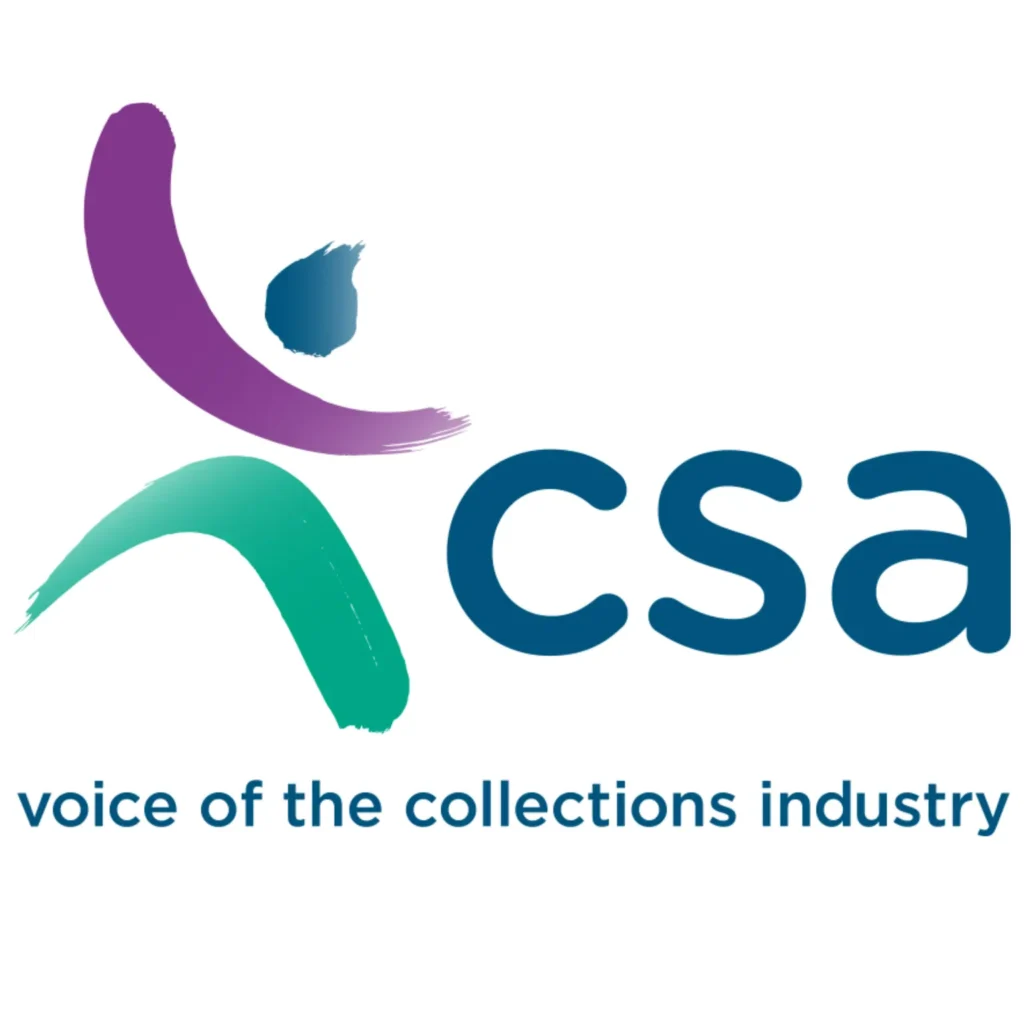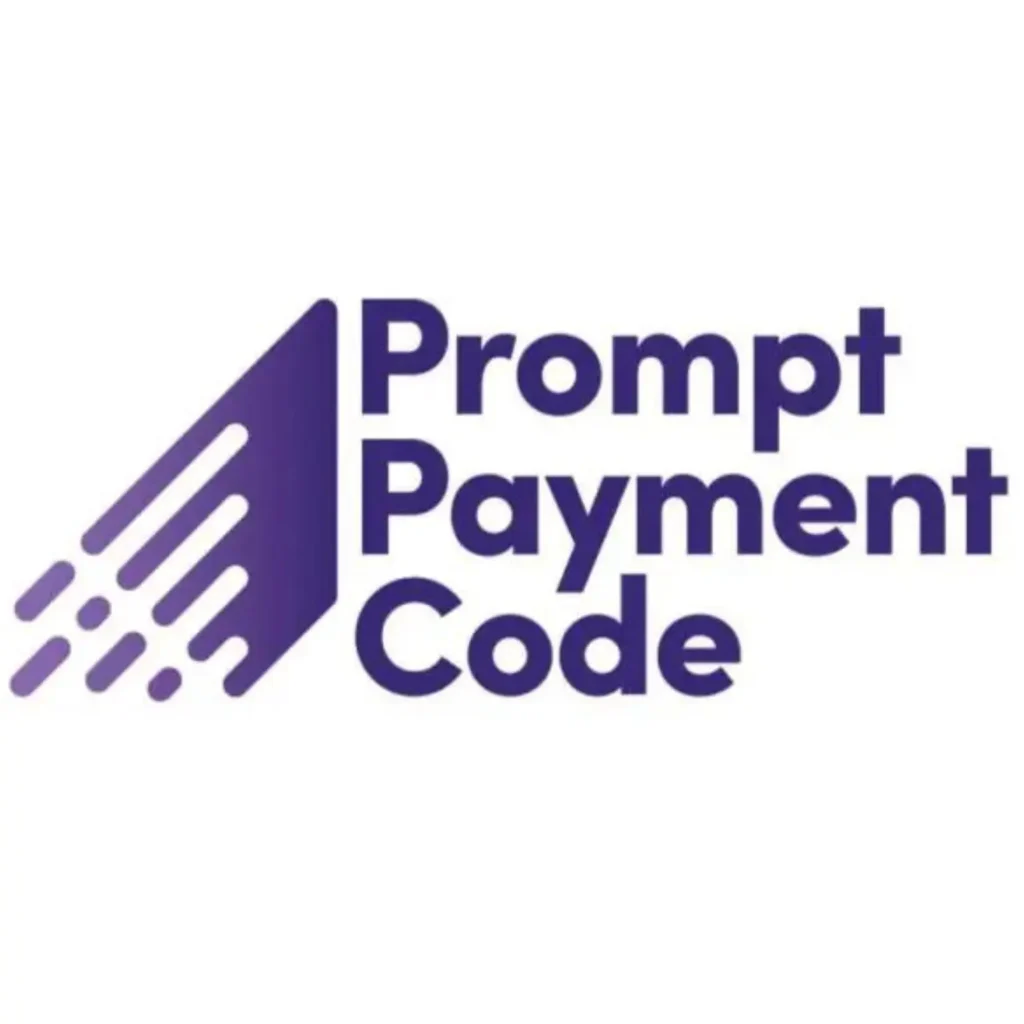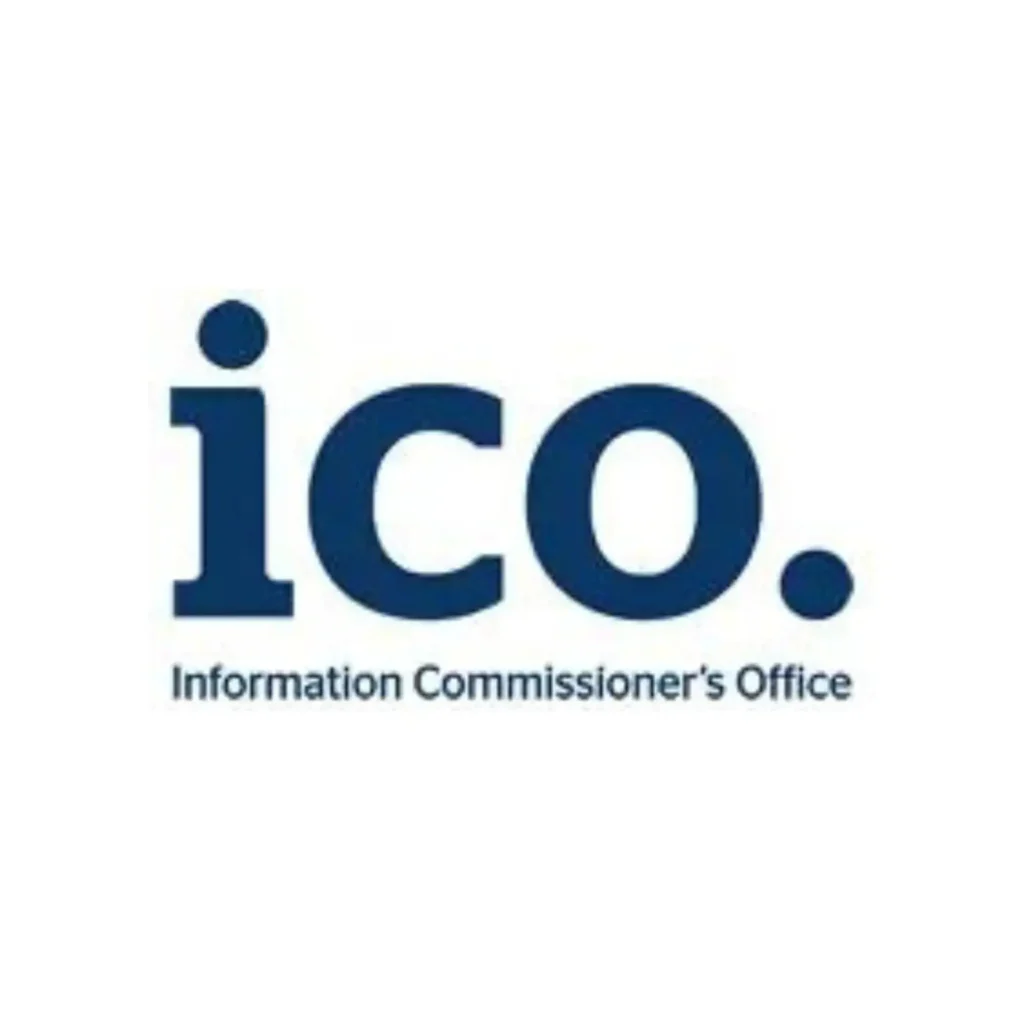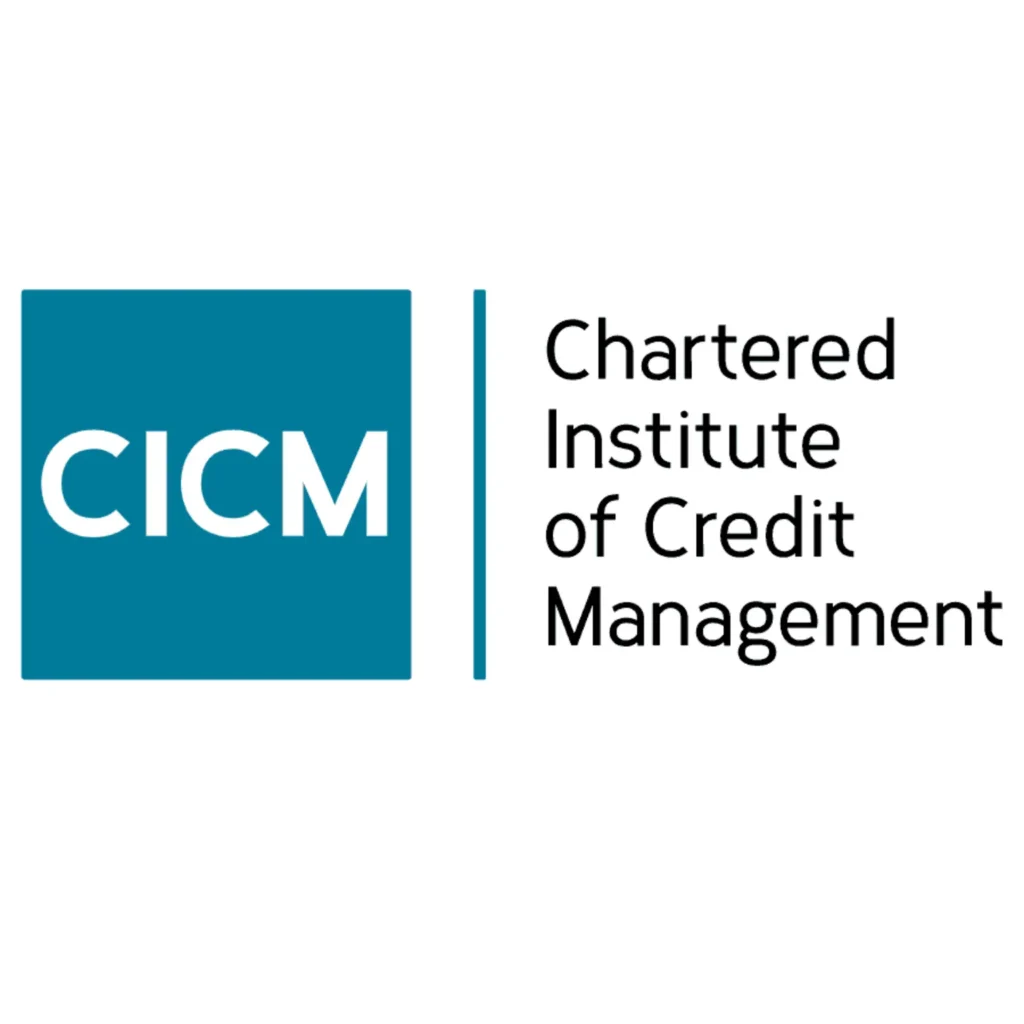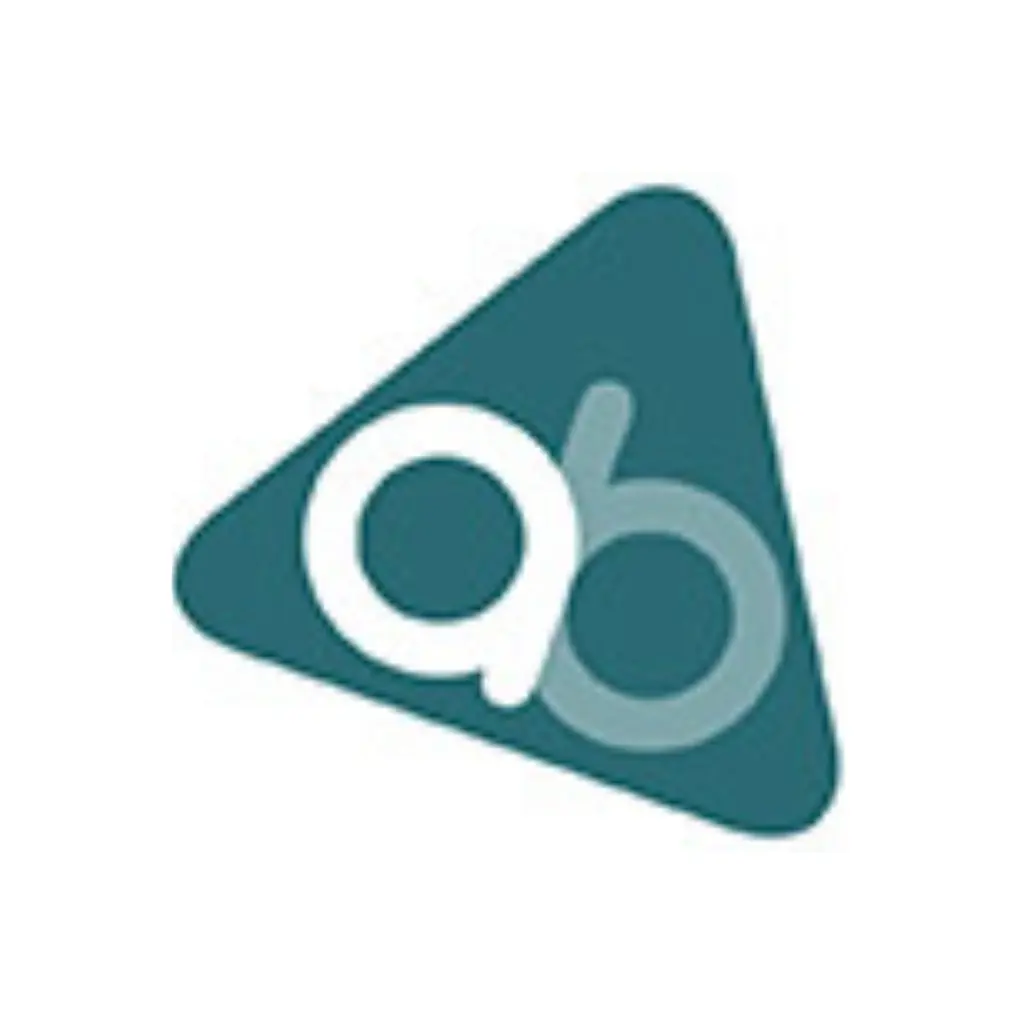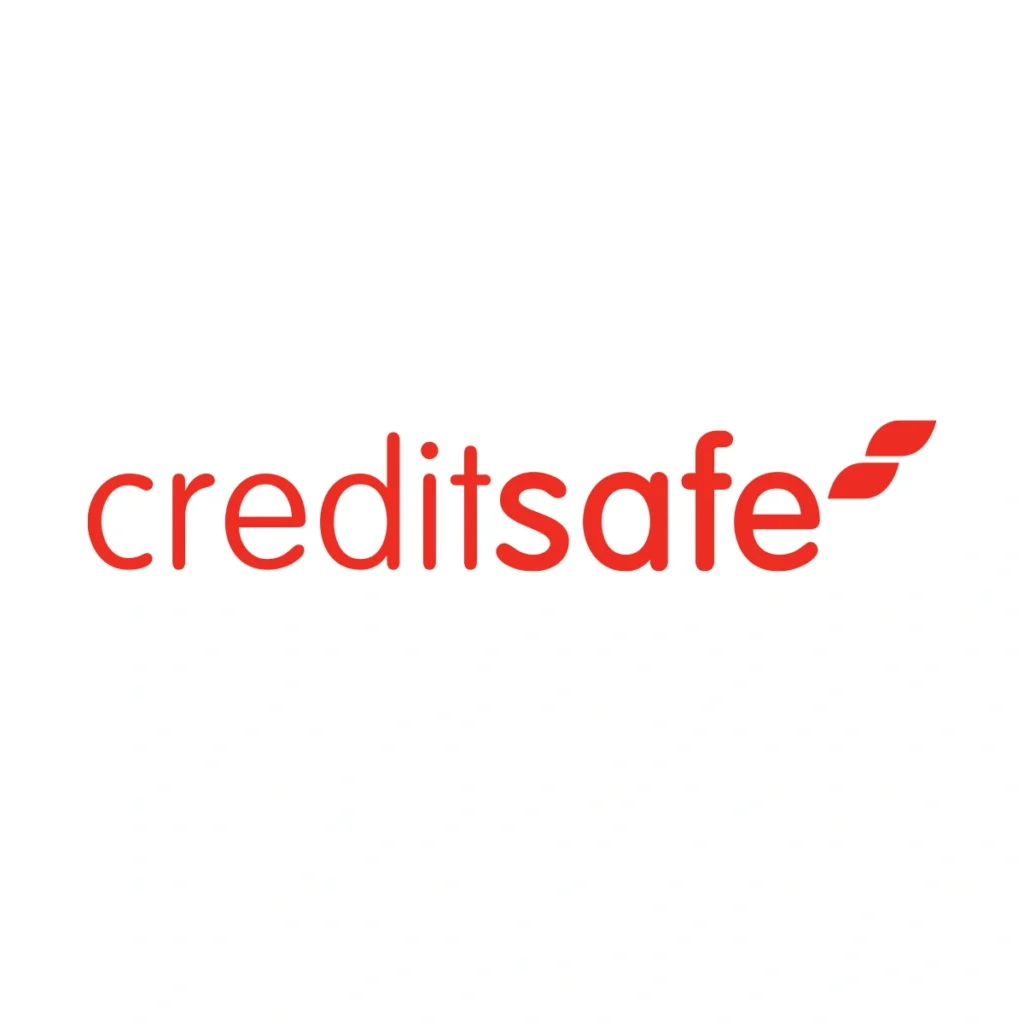Enquire Today
Why choose us?
Our Comprehensive Credit Management Services
Include:
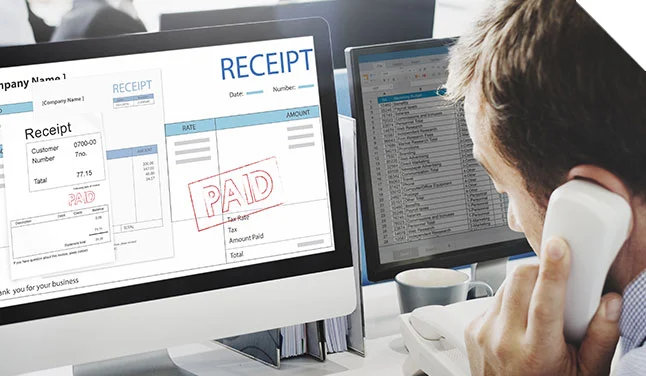
Business Debt in the UK
A substantial sum of £7.4 billion is owed to small businesses in the United Kingdom due to unpaid invoices. It is concerning to note that only 1% of these businesses have never encountered the issue of overdue payments. On average, businesses allocate two days per week to pursuing late payments, which can have significant repercussions on their cash flow and resources. While it may be uncomfortable to request payment from customers, it is crucial to address this matter promptly.
To mitigate the occurrence of late payments, it is essential for businesses to clearly outline their payment terms from the outset. Additionally, sending a timely reminder email when an invoice is due can serve as a gentle nudge for payment. In the event that payment remains overdue, it is acceptable to reach out to the customer to inquire about any potential issues and remind them of the outstanding invoice. It is also advisable to request a timeline for payment.
If email communication proves ineffective, a follow-up phone call may be more successful in eliciting a response from the customer. However, if the issue persists despite these efforts, it may be necessary to consider further actions. This could involve issuing a warning of potential supply cessation or incorporating late payment compensation and interest into the claim.

